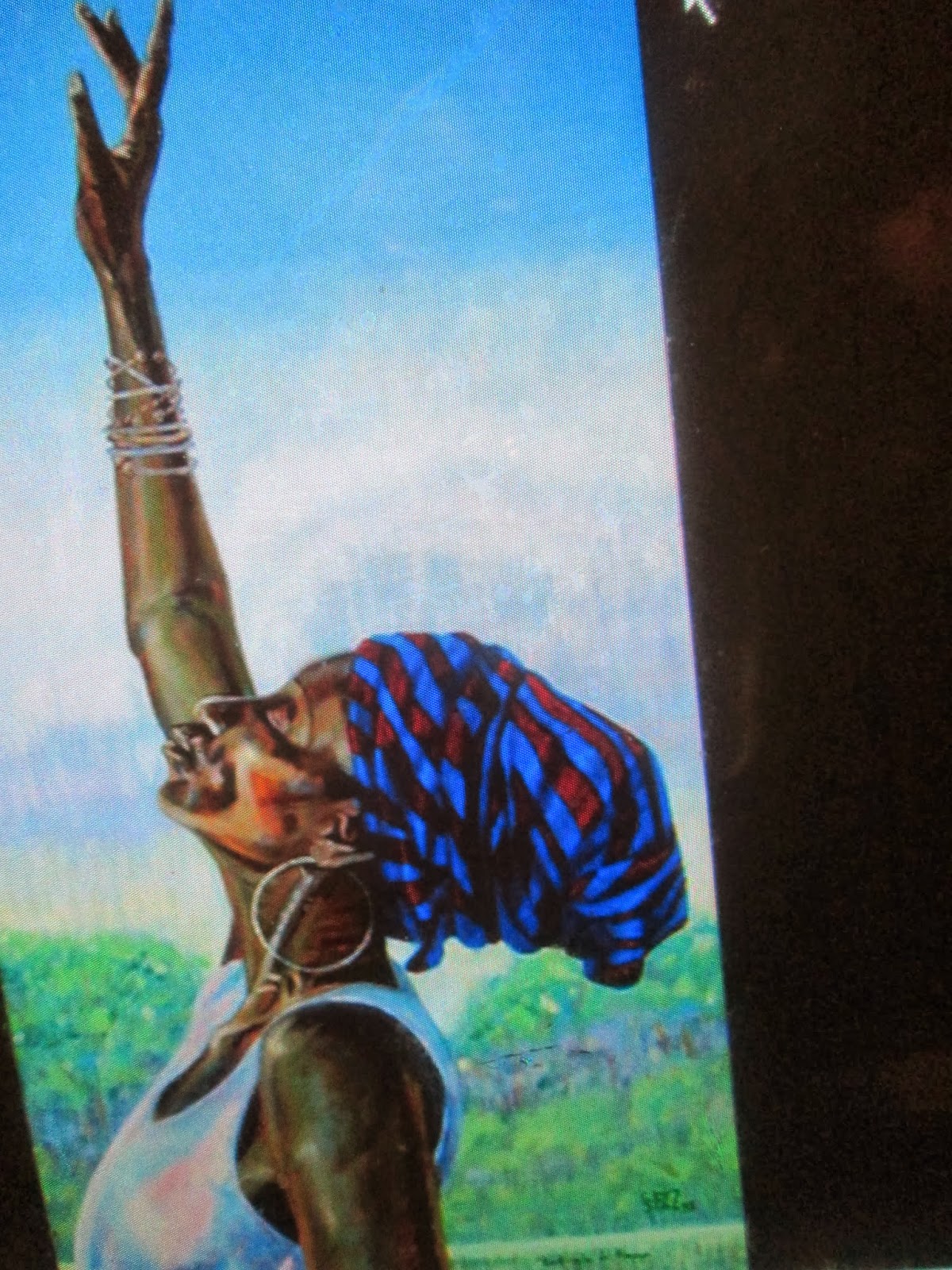San Juan, Puerto Rico
January 24, 1874 – June 8, 1938
Today, January 24 is the birthday of black historian, writer, and activist who researched and
raised awareness of the great contributions of black people worldwide, especially Afro-Latin Americans
and African-Americans. Arturo was born in the town of Santurce, Puerto Rico (now part of the
capital San Juan). While in grade school, one of his teachers claimed
that
blacks have no history, heroes, or accomplishments. Inspired to prove
the
teacher wrong, Arturo Schomburg determined that he would find and
document the
accomplishments of continental Africans and those throughout the diaspora, and became an important
intellectual figure in the Harlem Renaissance.
Over the years, Arturo Alfonso collected literature, art, slave narratives, and other materials of African history, which was purchased to become the basis of the
Schomburg Center for Research in Black Culture, named in his honor. The Schomburg Center is a branch of the New York Public Library located on Malcolm X Boulevard in Harlem, New York City, has been an
integral part of the Harlem community since its inception. In 1978, the original building located around the corner on 135th Street between Malcolm X Blvd. and Adam Clayton Powell Blvd was entered into the National Register of Historic Places
.
Every time I'm in New York, I always make to the
Schomburg Center for Research and Black Culture
Arturo Alfonso Schomburg was educated at San Juan's
Instituto Popular where he learned commercial printing. At St. Thomas College in the Danish-ruled Virgin Islands, he studied Negro Literature. Schomburg immigrated to New York on April 17, 1891, and settled in Harlem, New York City. He continued his studies to untangle the African thread of history in the fabric of the Americas. After experiencing racial discrimination in the US, he began calling himself Afroborinqueño (Afro-Puerto Rican). He became a member of the "Revolutionary Committee of Puerto Rico" and became an active advocate of Puerto Rico and Cuba's independence from Spain.
In 1896, Schomburg began teaching Spanish in New York. From 1901 to
1906 Schomburg was employed as messenger and clerk in the law firm of
Pryor, Mellis and Harris, New York City. In 1906, he began working for
the Bankers Trust Company. Later, he became a supervisor of the Caribbean and Latin American Mail Section, and held that until he left in 1929. While supporting himself and his family, Schomburg began his
intellectual work of writing about Caribbean and African-American
history.
He was the co-editor of the 1912 edition of Daniel Alexander Payne Murray's
Encyclopedia of the Colored Race. In 1916 he published what was the first notable bibliography of African-American poetry,
A Bibliographical Checklist of American Negro Poetry.
The Lenox Terrace apartments in Harlem, NY where I
grew up was only one block from the Schomburg Center
After the NYPL purchased his extensive collection of literature, art
and other materials in 1926, they appointed Schomburg curator of the
Schomburg Collection of Negro Literature and Art, named in his honor, at
the 135th Street Branch (Harlem) of the Library. It was later renamed
the Arthur Schomburg Center for Research in Black Culture.
Between 1931 and 1932 Schomburg served as Curator of the Negro Collection at the library of the historically black Fisk University, Nashville, Tennessee, helping direct their acquisition of materials.
Arturo Alfonso Schomburg's work served as an inspiration to Puerto Ricans, Latinos and African-American alike. The power of knowing about the great contribution that black people have made worldwide, helped continuing work and future generations in the Civil rights movement.






